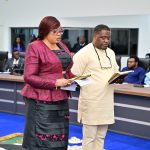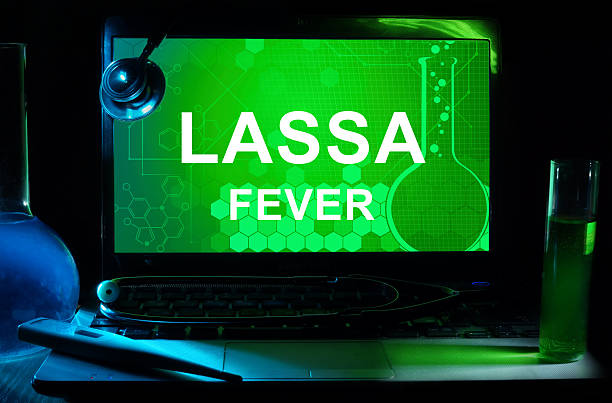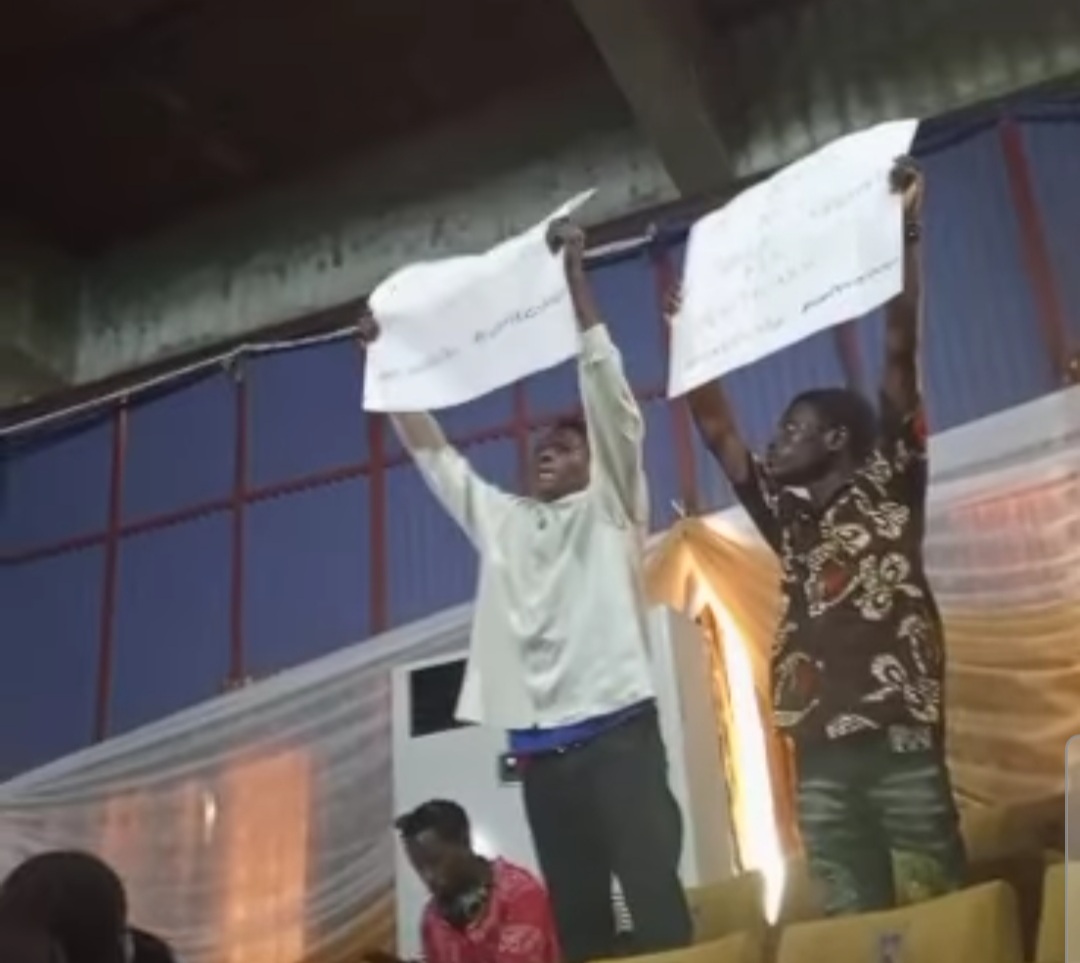By Frank Ulom
One person has been confirmed dead by Lassa fever in Cross River State – CONVERSEER reports.
This was revealed by Dr Egbe Ayuk, Commissioner for Health in Cross River State on Wednesday (17 Jan. 2024).
According to Ayuk, the outbreak was recorded in the Ejah Community of Osupong Ward 1, Obubra Local Government Area in the central part of the state.
“This is to notify the public of Lassa Fever outbreak in Ejah Community of Osupong Ward 1, Obubra LGA.
“Investigation has been concluded today, and details of the deceased case – a resident of Obubra got from Federal University Teaching Hospital Abakaliki, Ebony State, has been confirmed positive for Lassa,” a statement by Ayuk read.
The Health Commissioner added, “We have consequently activated the Cross River State Emergency Operation Centre. The State Rapid Response Team will be going to Obubra tomorrow to join the LGA team to ensure:
1. Contact Tracing and line listing
2. Decontamination of affected premises
3. Awareness creation and risk communication
4. Mobilisation of Lassa fever commodities, consumables and personal protective equipment to General Hospital Obubra and other locations.”
Meanwhile, in response to the rapidly increasing cases of Lassa fever in Nigeria, the Nigeria Centre for Disease Control and Prevention (NCDC) through the National Lassa Fever Technical Working Group (LF-TWG) on Thursday (18 Jan. 2024) activated the national multisectoral Emergency Operations Centre for Lassa Fever (LF-EOC).
According to Dr Ifedayo Adetifa, Director General, Nigeria Centre for Disease Control and Prevention, the LF-EOC activation resulted from a risk assessment conducted by subject matter experts from relevant Ministries, Departments, Agencies, stakeholders, and major partners.
Adetifa said the outcome of the risk assessment placed the country at “High Risk” of increased risk of Lassa fever transmission and impact due to the following:
• Increased number of states reporting cases.
• High case fatality in confirmed cases.
• The low index of suspicion among healthcare workers.
• Healthcare worker infections and deaths.
• Continued attrition of essential healthcare.
In 2023, a rise in the number of cases was reported from week 49 and associated healthcare workers’ infection over a period of three weeks. This upsurge indicated an early peak into the high transmission season nationally, although, this is usually seen from January to May annually. Cumulatively, 9155 suspected cases, 1270 confirmed cases and 227 deaths; Case Fatality Rate (CFR) of 17.9% were reported for 2023 (across 28 states and 124 LGAs). The zones of impact of Lassa fever have been increasing across the country with the risk of international exposure.
READ ALSO | 61-year-old man emerges overall best-graduating student at UNILAG
Situation report as of 7th January 2023 in comparison to of 7th January 2024
• Total confirmed cases: 29 – 53
• Fatalities: 8 – 6
• Case fatality rate (CFR): 27.6% – 11.3%
• States: 6 – 9
• Local Government Areas: 13 – 27
Affected states so far include Ondo (13), Edo (13), Bauchi (11), Benue (6), Taraba (6), and 1 each from Ebonyi, Enugu, Imo, and Plateau States.
Although we have more confirmed than week 1 of 2023, the current CFR of 11.6% is lower than that for the same reporting week of 2023 (CFR of 27.6%).
Prior to the activation of EOC, the Federal Ministry of Health and Social Welfare (FMOH & SW) through the NCDC had done the following in preparation for this Lassa fever season:
• Issued alert letter to States to guide state-level preparedness, readiness, and response activities for Lassa fever.
• Held biweekly National LF-TWG meetings to improve preparedness, readiness, and response activities for control and management of Lassa fever using a One Health approach.
• Conducted capacity building of selected healthcare workers across all the geopolitical zones on Lassa fever preparedness, readiness, and response through the pilot Lassa fever clinical management fellowship.
• Held bi-weekly Lassa fever webinar series on topics covering case management, surveillance, infection prevention & control (IPC), risk communication & community engagement, logistics, etc. to get all actors in control and management of Lassa fever ready for the predicted surge in confirmed case numbers.
• Prepositioned and distributed medical supplies for case management, infection prevention, and control, laboratory diagnosis, etc. in all Lassa fever treatment centres in the country.
• Updated the national incident action plan (IAP) to take onboard lessons from the last outbreak and findings from the recently concluded surge preparedness workshop.
• Published weekly situation reports for Lassa fever in Nigeria to guide decision-making and foster further collaboration across different sectors.
The LF-EOC activation will coordinate a national response particularly across affected states to help minimise suffering, reduce mortality, interrupt disease transmission, and address socioeconomic complications caused by Lassa fever using a one-health approach.
This national response requires all of the government and all of the people’s participation along with the support of partners and other stakeholders. While the NCDC has the mandate to lead the prevention, preparedness, and response to public health emergencies, this is done in collaboration and with the support of States that also have to develop and implement evidence-driven outbreak response plans for their territories.
Members of the public have a collective responsibility to maintain personal and environmental hygiene as well as food hygiene in the fight against Lassa fever. We urgently urge the public and healthcare workers to remain vigilant. Early detection and immediate presentation at health facilities significantly increase survival chances. The NCDC remains dedicated to safeguarding the health of Nigerians and is actively working towards reducing the fatality rate to a single digit.










